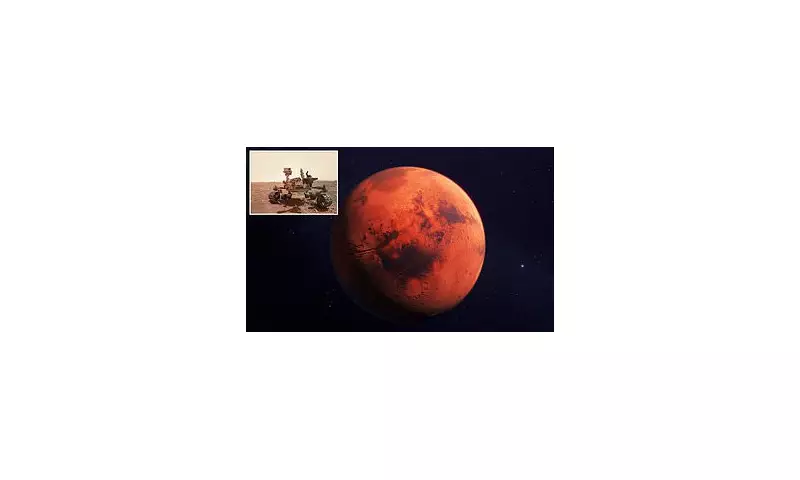
In a groundbreaking discovery that could rewrite the history of our solar system, NASA's Perseverance rover has uncovered what scientists are calling the "clearest evidence yet" that life may have once existed on Mars.
The extraordinary findings, detected within the ancient Jezero Crater, include mysterious methane gas and an unexpected variety of carbon-based organic chemicals - the fundamental building blocks of life as we know it.
The Smoking Gun: Methane Mysteries
NASA researchers detected methane gas on multiple occasions using the rover's sophisticated instrumentation. On Earth, approximately 90% of methane is produced by living organisms, making this discovery particularly significant in the search for extraterrestrial life.
"Methane is one of the simplest organic molecules, but it's what we call a biosignature - something that could be evidence of past or present life," explained Dr. Amy Williams, a astrobiologist working on the mission.
Organic Bonanza in Jezero Crater
The Perseverance rover has been exploring the 28-mile-wide Jezero Crater, believed to have once been filled with water, making it a prime candidate for preserving signs of ancient life. Using its SHERLOC instrument, the rover detected numerous carbon-based molecules in various rocks across the crater floor.
Scientists identified signatures consistent with aromatic organic compounds such as benzene, naphthalene, phenanthrene, and pyrene - complex molecules that on Earth are often associated with biological processes.
A Cautious Approach to Extraordinary Claims
While the discoveries are thrilling, NASA scientists remain appropriately cautious. Methane can also be produced through non-biological processes, such as geological reactions involving water and rock.
"We're not claiming we've found definitive proof of life," stressed Dr. Williams. "But we have found the most promising ingredients that would support habitability and potentially life itself."
The rover has been collecting rock samples that will eventually be returned to Earth by future missions, where they can be studied with more sophisticated laboratory equipment that might provide conclusive answers.
This discovery represents the most compelling evidence to date that Mars may have once hosted life forms, bringing humanity one step closer to answering the profound question: Are we alone in the universe?





